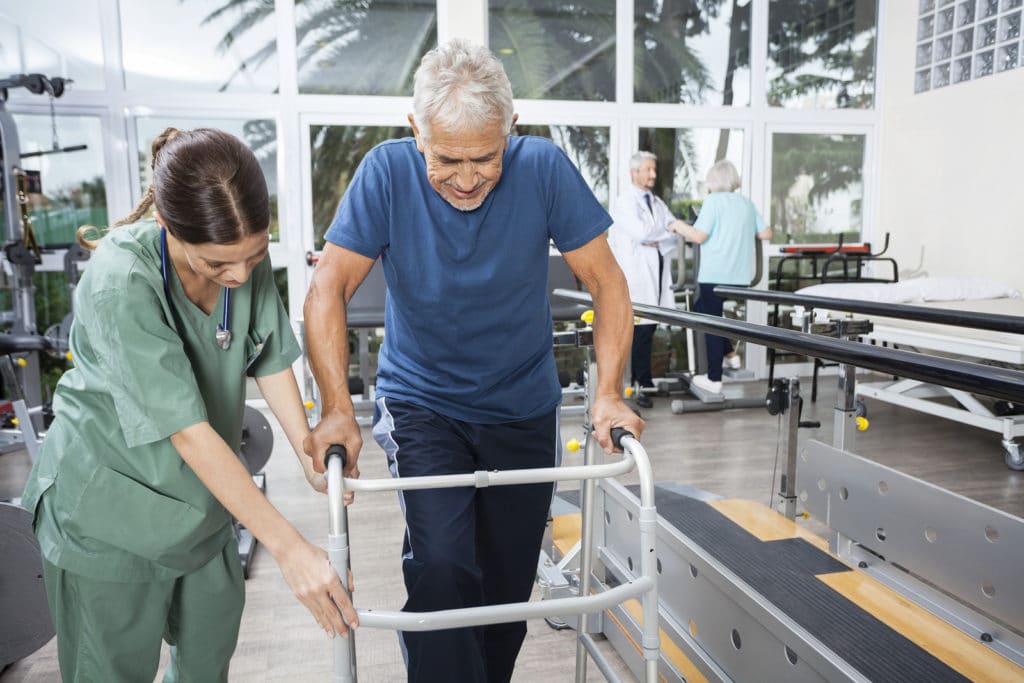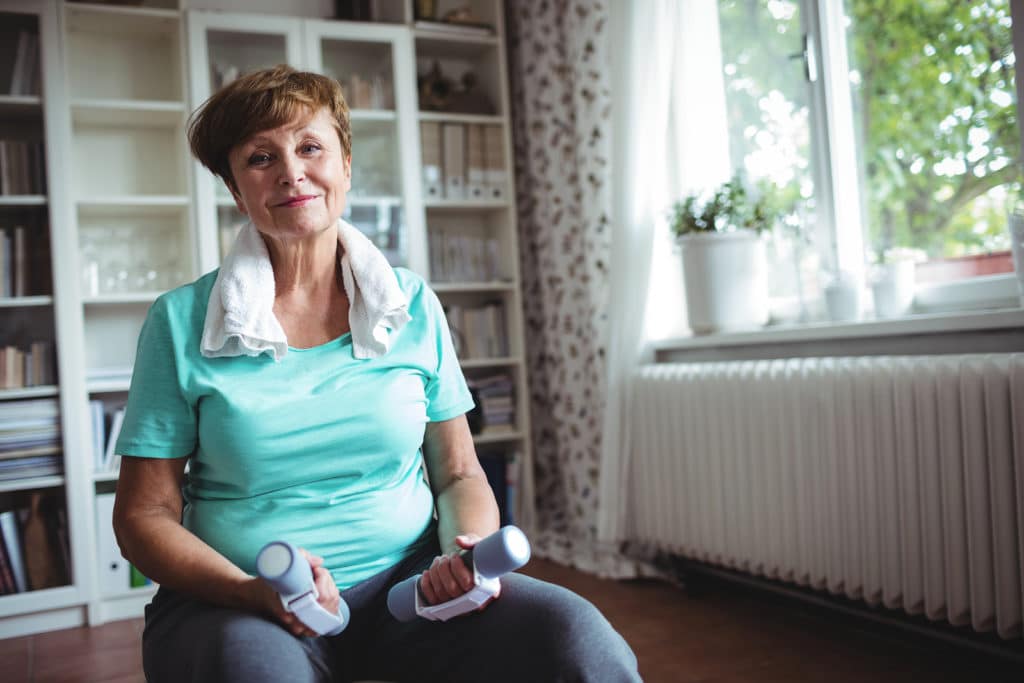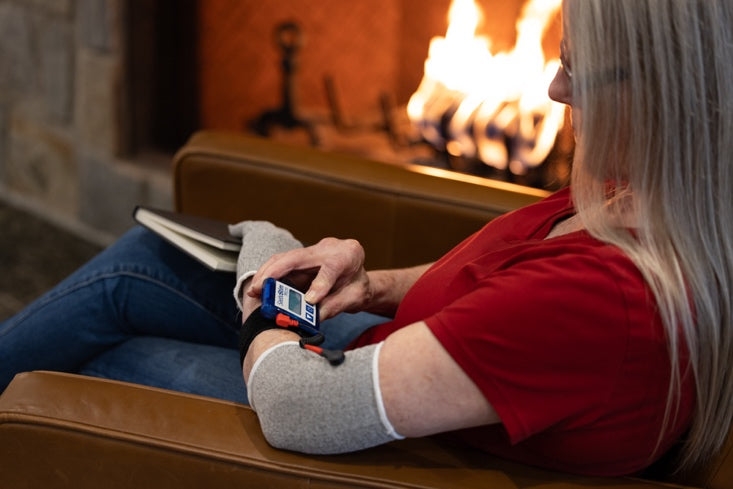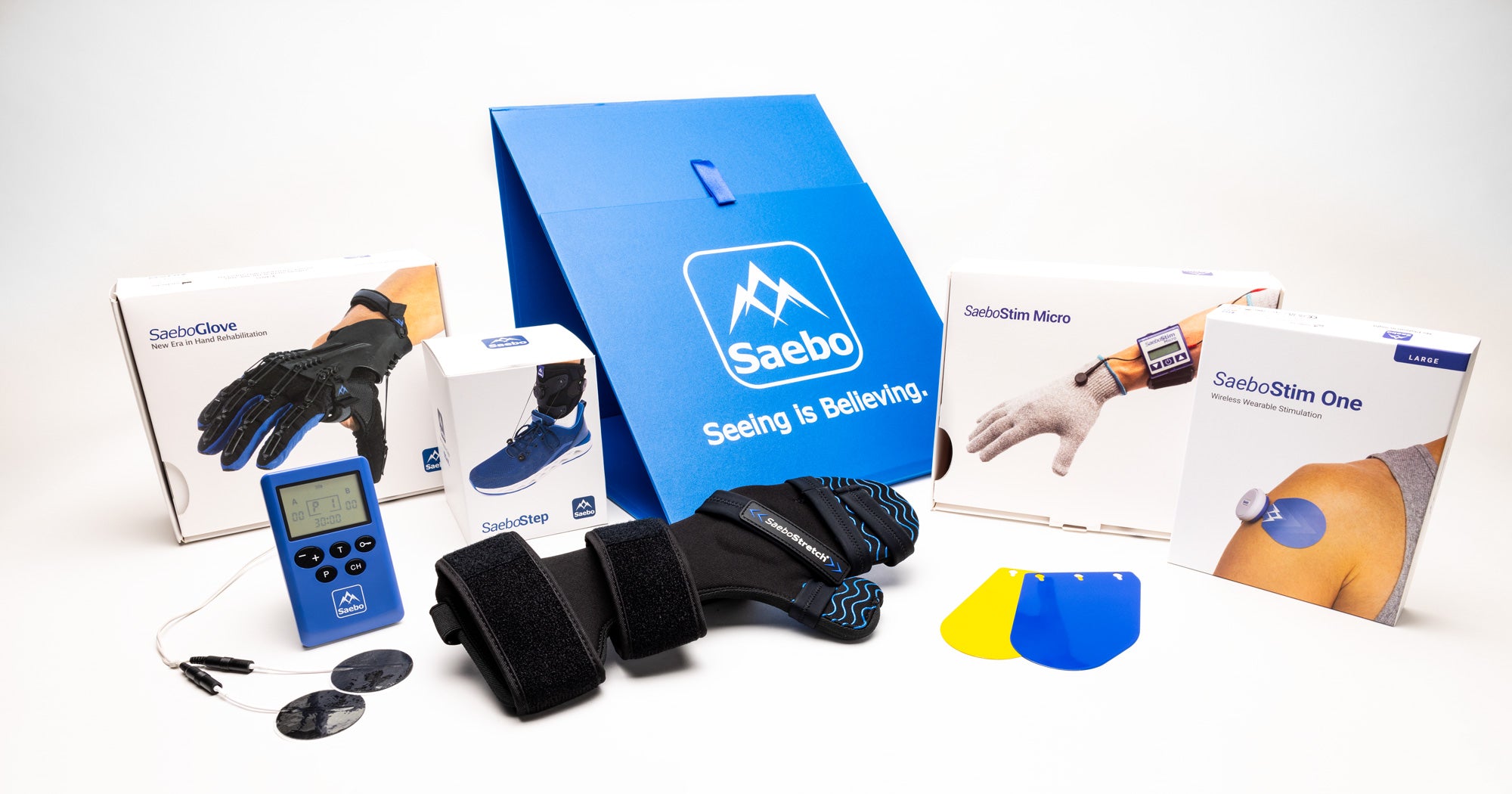Signs Your Loved One is Recovering From Stroke


A stroke—no matter how severe—can be devastating. Not only does it have the potential to cause damage physically and mentally, but the recovery process can be equally as difficult to navigate. With countless hurdles to overcome, monitoring progress during stroke recovery can be very frustrating, but there are certain things that you or a loved one can do to improve the experience and see results.
Make and Keep Recovery Goals in Mind
The best thing that you or a loved one can do to set the pace for a healthy recovery is to be honest and open about any limitations or weaknesses that have surfaced as a result of a stroke attack. This transparency will make it clear what obstacles lie ahead and help you set firm, achievable goals.
Another way to remain inspired by this strategy is to personalize your goals as much as possible. For example, if a stroke survivor is trying to regain mobility in their legs, one of their goals may be to dance with a spouse to their favorite song. With the assistance of a personal touch, following through with a plan of action can offer an extra boost of support as opposed to generic goals lacking emotional incentives.
If you’re unsure of your status, or you need help formulating a plan, make sure to speak with a doctor or therapist that can set you on the right course.
Track and Assess Progress
Trying to get a handle on how you or a loved one is recovering after a stroke is perhaps one of the hardest things to do. This is because there are usually multiple problems that need immediate attention, rather than just one issue to focus on.
To combat this overwhelming feeling, make it a habit to track your progress both mentally and physically. Be sure to document your developments each day you work on a specific area no matter how small they may be. For physical categories like strength, range of motion, endurance, and decreasing spasticity, make sure to begin each session by writing down pre-workout numbers, and then noting the post-workout numbers so that comparisons can be made over time. The simple act of recording information will show concrete evidence of improvements or shortcomings, and this information can be further discussed with a doctor or therapist to ensure a pathway to success.
Keep Regular Therapy Appointments

Creating a routine and following it on your own can be a great choice for those who are easily self-motivated, but let’s face it, many of us can get unfocused or unmotivated. If you find yourself falling under the latter, then scheduling regular therapy appointments is the perfect way to guarantee continual regiments, as well as consistent support. Especially during the early stages of stroke recovery, having a solid team of trained healthcare professionals can assist in establishing a foundation so that individual recovery can then take place.
Exercise at Home Every Day

Ultimately, the benefits of a recovery program will only be experienced if a stroke survivor keeps up with it. Even though a routine is created by a therapist or doctor, the responsibility of executing it falls entirely on the patient, so making sure to stay active and consistent is essential for progress.
In addition to following a schedule, a stroke survivor must also take into consideration the importance of repetition as it applies to the exercises themselves. Since the main objective for stroke recovery is to restore the body’s abilities, it’s necessary to repeat exercises efficiently and for the correct amount of time. In the way that maintaining a healthy diet requires you to eat nutritious foods every day at multiple times, the body requires repetitive motions to keep up functionality and regain power.
Rehab is an Opportunity
Regardless of where you are in your recovery or where you think you should be, know that all pathways of rehabilitation are different and that there are no expectations to meet besides the ones you set for yourself.
After reading this article, if you happen to discover something that you can work on, that’s great! Healing yourself after a stroke doesn’t have to be experienced as a chore or burden to carry around; better yet, it should be embraced as an opportunity to learn about the body and what can be done to improve it.
If you or a loved one feels that they could benefit from a routine of setting goals and tracking progress, speak with a therapist or doctor to help get started. With patience and understanding, recovery is certainly within reach.
All content provided on this blog is for informational purposes only and is not intended to be a substitute for professional medical advice, diagnosis, or treatment. Always seek the advice of your physician or other qualified health provider with any questions you may have regarding a medical condition. If you think you may have a medical emergency, call your doctor or 911 immediately. Reliance on any information provided by the Saebo website is solely at your own risk.
All content provided on this blog is for informational purposes only and is not intended to be a substitute for professional medical advice, diagnosis, or treatment. Always seek the advice of your physician or other qualified health providers with any questions you may have regarding a medical condition. If you think you may have a medical emergency, call your doctor or 911 immediately. Reliance on any information provided by the Saebo website is solely at your own risk.



